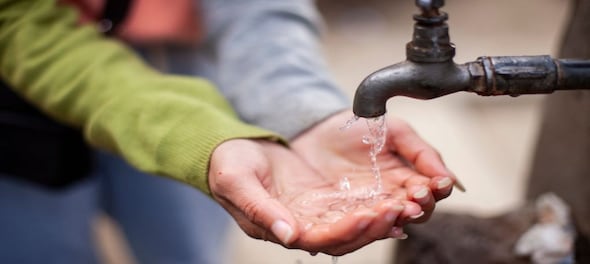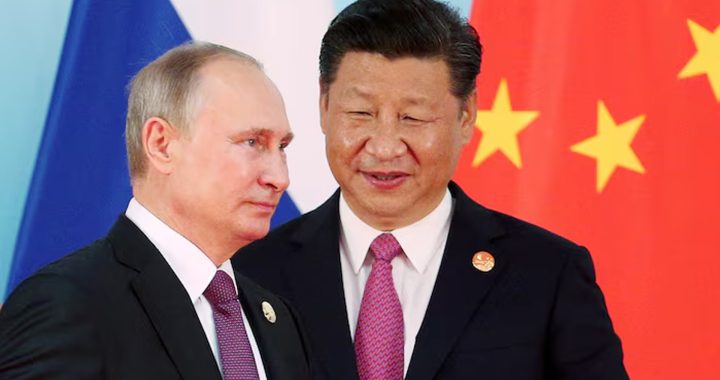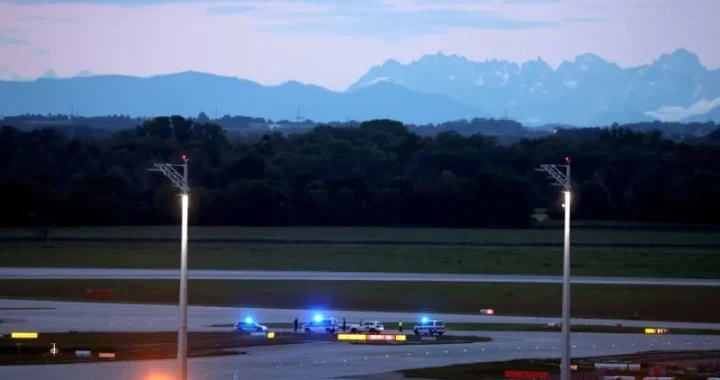World Water Day 22 March

Water has the power to either promote peace or ignite conflict. Scarcity, pollution, and unequal access to water can lead to tensions among communities and nations.
Over 3 billion people rely on water that crosses borders, yet only a few countries have cooperation agreements for shared water sources. As climate change worsens and populations increase, it is crucial for countries to come together to protect and conserve water resources.
The well-being of public health, food and energy systems, economic productivity, and environmental sustainability all hinge on a well-managed water cycle.
Creating a positive impact (Water )
The theme for World Water Day 2024 is ‘Water for Peace’. Collaboration on water issues can lead to positive outcomes, fostering harmony, prosperity, and resilience to common challenges. We must recognize that water is not just a resource to be used or fought over, but a fundamental human right that affects every aspect of life.
This World Water Day, let us join forces to promote peace through water, paving the way for a more stable and prosperous future.
ALSO READ: EU supports Arming Ukraine Against Putin’s Threat
The significance of water cannot be underestimated, as it has the power to either foster peace or ignite conflicts. In situations where water is scarce or contaminated, or when individuals face challenges in accessing it, tensions can escalate.
However, by promoting collaboration and cooperation in managing water resources, we can ensure that everyone’s water needs are met and contribute to global stability.
Water plays a crucial role in both prosperity and peace. As nations grapple with the effects of climate change, mass migration, and political turmoil, it is imperative that they prioritize water cooperation in their strategies and policies.
Moreover, water has the potential to guide us through crises. By embracing the principles of fairness and sustainability in water usage, we can foster unity among communities and nations.
This objective can be accomplished by utilizing international agreements such as those established by the United Nations, in addition to implementing local initiatives and taking action at the community level.
A recent publication from the Global Water Forum delves into the issue of water mismanagement and its correlation with peace in Afghanistan. It is concerning to note that some individuals have even questioned whether water scarcity and the (mis)management of water could pose as much of a threat to peace and stability as the Taliban.
This revelation is particularly impactful, considering Afghanistan’s reputation as a country ravaged by war, where its people endure the harsh and oppressive rule of the Taliban. It compels us to delve deeper into the interconnectedness between water-related issues and their impact on the peace and harmony that we often take for granted, especially here in India.
According to a report by USAID, conflicts can arise from various factors, but many are directly triggered by competition for essential resources necessary for livelihoods.
Furthermore, the failure of livelihoods plays a significant role in the emergence of communal conflicts, where the social fabric of a society weakens due to the inability to sustain basic needs. This, in turn, leads people to resort to violence in order to secure the resources required for survival.
Here’s the nexus between water in the world, livelihood and peace in India
India’s heavy reliance on agriculture, with 58% of the population depending on it for their livelihood, underscores the critical role of water availability in the success or failure of this sector.

The significance of water in ensuring economic prosperity for families and communities, as well as in promoting overall harmony and happiness, cannot be overstated.
MORE STORIES:Global water shortages are looming. Here is what can be done about them
However, as India grapples with worsening water scarcity, the potential for conflicts over this precious resource is on the rise. This is particularly evident at the rural community level, where disputes often arise, especially during times of water scarcity or in the summer months. The equitable distribution of water within these communities is often marred by complexities, including issues related to caste discrimination and disparities between the ‘haves’ and ‘have nots’.
In some cases, water fails to reach the most marginalized members of society, leading to vulnerability and exploitation. This unequal distribution of water resources can fuel tensions and conflicts within villages, highlighting the urgent need for sustainable water management practices.
Encroachment near water storage areas and catchments in rural India is widespread. In rural communities, illegal encroachment near water sources and catchment areas is a common sight, especially during the summer months. Moreover, illegal construction near water sources disrupts water flow, diverting precious water away from catchment facilities, leading to limited supply and potential natural disasters like flooding.
Neglected ancient community ponds have become dumping grounds for garbage and waste due to the heavy reliance on centralized water supply. While tensions over water between states due to pollution, diversion, or over-extraction are well-documented, local community issues like these often go unreported.
As water scarcity worsens due to climate change and mismanagement, agricultural livelihoods are at risk. It is crucial to address these micro-level problems alongside macro threats in strategies to combat India’s water challenges.
The loss of livelihood can cause panic and insecurity for individuals. While many may not have experienced poverty firsthand, its looming threat can disrupt social harmony. By ensuring adequate resources for livelihoods to support family well-being, health, and happiness, the risk of social upheaval can be significantly reduced. Let us reflect on this on World Water Day!
 Breaking News: Iran’s President Confirmed Dead In A Helicopter Crash
Breaking News: Iran’s President Confirmed Dead In A Helicopter Crash  Putin and Xi no Longer have a Partnership of Equals
Putin and Xi no Longer have a Partnership of Equals  Munich Airport Affected by Climate, Activist Protest for Closure
Munich Airport Affected by Climate, Activist Protest for Closure  China Using TikTok To Spy On Canadians – Intelligence Chief Warns
China Using TikTok To Spy On Canadians – Intelligence Chief Warns  Heavy Storms Slam Houston – Four Declared Dead In Texas
Heavy Storms Slam Houston – Four Declared Dead In Texas  Grave of German Politician Wolfgang Schäuble Desecrated
Grave of German Politician Wolfgang Schäuble Desecrated  The Surprising Health Benefits of Different Types of Tea
The Surprising Health Benefits of Different Types of Tea